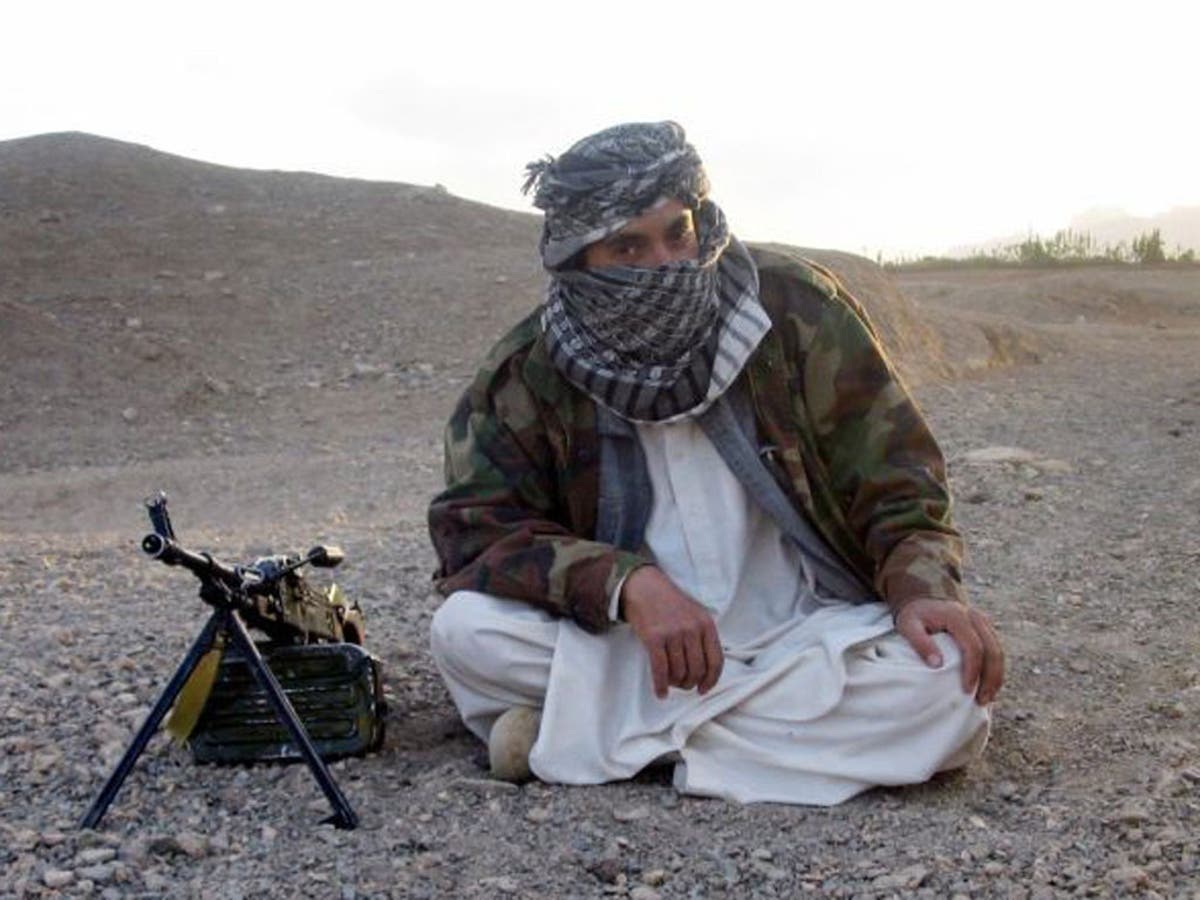Taliban will decide punishments according to Quran

While dismissing outrage over the Taliban’s executions in the past, which sometimes took place in front of crowds at a stadium, he said: “Everyone criticised us for the punishments in the stadium, but we have never said anything about their laws and their punishments. No one will tell us what our laws should be. We will follow Islam and we will make our laws on the basis of Quran.”
Since taking power in Afghanistan on Aug 15, the Taliban have been promising a milder form of rule than in their previous tenure though there have been reports of human rights abuses carried out in the country.
Human Rights Watch on Thursday warned that the Taliban in Herat were “searching out high-profile women, denying women freedom of movement outside their homes [and] imposing compulsory dress codes”.
In August, Amnesty International said Taliban fighters were behind the massacre of nine members of the persecuted Hazara minority. Amnesty’s secretary general Agnès Callamard said at the time the “cold-blooded brutality” of the killings was “a reminder of the Taliban’s past record, and a horrifying indicator of what Taliban rule may bring”.
Days before the Taliban took control of Kabul, a Taliban judge in Balkh, Haji Badruddin, told the BBC’s Secunder Kermani that he supported the group’s harsh and literal interpretation of Islamic religious law.
“In our Sharia it’s clear, for those who have sex and are unmarried, whether it’s a girl or a boy, the punishment is 100 lashes in public,” Badruddin said. “But for anyone who is married, they have to be stoned to death… For those who steal: if it’s proved, then his hand should be cut off.”
These views are in tune with some ultra-conservative Afghans, but the Taliban are now balancing this desire to appeal to their conservative base with a need to form connections with the international community.
He said although harsh forms of punishment would continue, the Taliban’s cabinet ministers were discussing whether or not punishments should be public, and that they would ‘develop a policy’.
Attempting to present a more restrained image of the Taliban, he said the new rulers would also allow televisions, mobile phones, photos and videos, which were banned during their previous rule.
Earlier this week, the Taliban had requested to speak at the UN General Assembly, which is being held in New York City. German Foreign Minister Heiko Maas said it was important to communicate with the Taliban but “the UN General Assembly is not the appropriate venue for that”. Also, the US that sits on the credentialing committee asserted it would not make a decision before the end of the summit next week.
Meanwhile, Taliban’s defence minister Mullah Mohammad Yaqoob issued a rebuke over misconduct by some commanders and fighters, warning that abuses would not be tolerated.
In an audio message, he said some “miscreants and notorious former soldiers” had been allowed to join the Taliban units where they had committed a range of sometimes violent abuses. “We direct you to keep them out of your ranks, otherwise strict action will be taken against you,” he stated. “We don’t want such people in our ranks.”
The message from one of the Taliban’s most senior ministers underlines the problems the new rulers have sometimes had in controlling fighting forces as they transition from an insurgency to a peacetime administration.
Some Kabul residents have complained of abusive treatment at the hands of Taliban fighters who have appeared on the streets of the capital, often from other regions and unused to big cities. There have also been reports of reprisals against members of the former government and military or civil society activists, despite promises of an amnesty by the Taliban.
‘Unauthorised executions’
The defence minister said there had been isolated reports of unauthorised executions, and he repeated that such actions would not be tolerated.
“As you all are aware, under the general amnesty announced in Afghanistan, no fighter has the right to take revenge on anyone,” he said.
It was not clear precisely which incidents he was referring to, nor what prompted the message, which was published on Taliban Twitter accounts and widely shared on social media.
Mullah Yaqoob also said patrols should be restricted to areas where they were assigned and criticised the fondness of some fighters for going into government offices where they had no business and taking selfies.
“This is highly objectionable as everyone is taking out mobile phones and taking snaps in the important and sensitive ministries without any reason,” he said. “Such hanging out and taking snaps and videos will not help you in this world, and also in the hereafter.”






